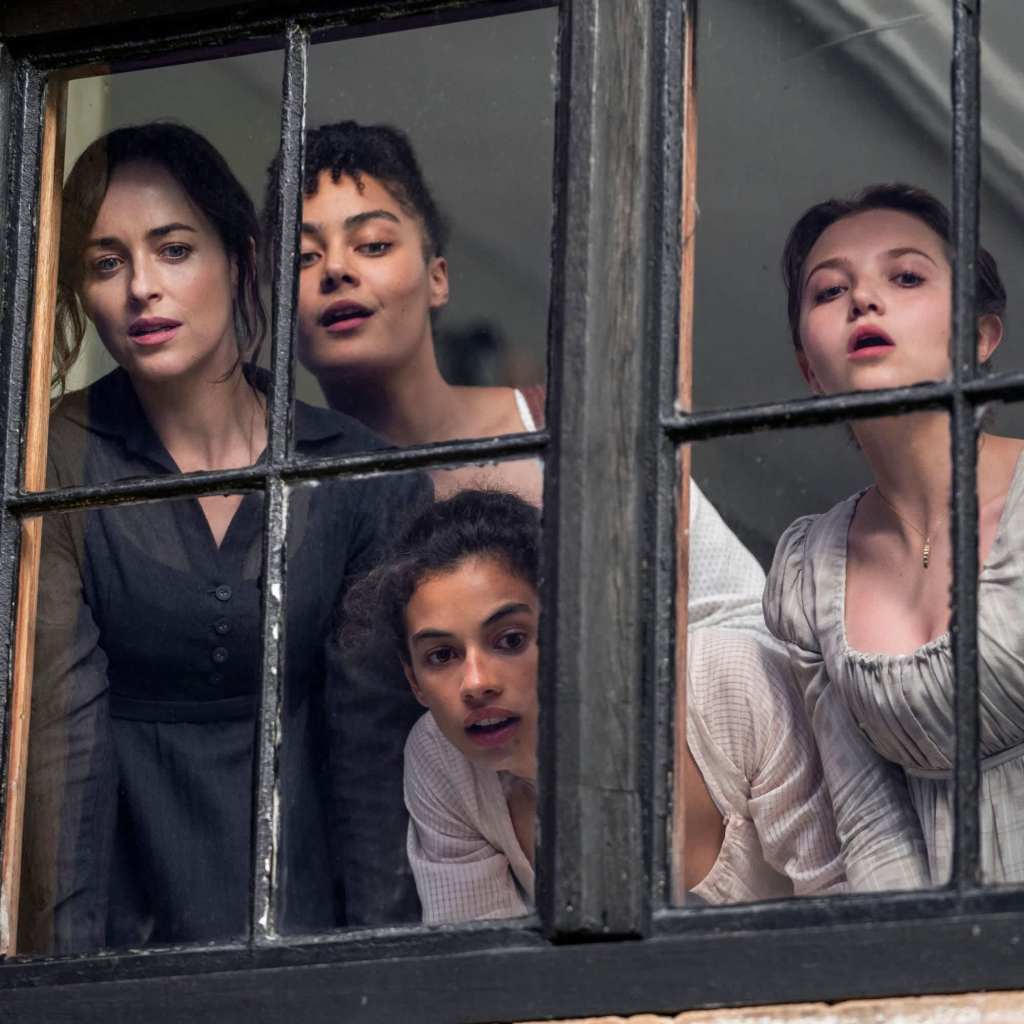The Netflix adaptation of “Persuasion” is bringing one of Jane Austen’s less-adapted novels to the screen for the first time as a feature-length film. Whether you’re a longtime fan of Austen’s romantic stories or you’re just joining the party now, it feels like the perfect time to dive into her classic books.
Austen’s novels truly are classics, as some of the most famous and beloved works of literature in the English language. Studied by scholars and beloved by readers, they combine razor-sharp social satire with some of the best literary romances ever put on paper. It’s no wonder that generation after generation keeps picking up these books, adapting them, and taking inspiration from them for an even wider array of new and exciting stories.
So where should you start if you want to read through all of Austen’s books? Since her books are not connected to each other in any way, you can really pick up any book to get started. One way to start, however, might be to read the books in their publication order. Austen had four full-length novels published during her lifetime, as well as two published posthumously in 1818. For the purposes of this list, we’re just counting her full-length novels, not her short works (sorry, “Lady Susan” fans!) or works left unfinished (sorry, “Sanditon” fans!”). Make your next reading list with all of her major works in order!

